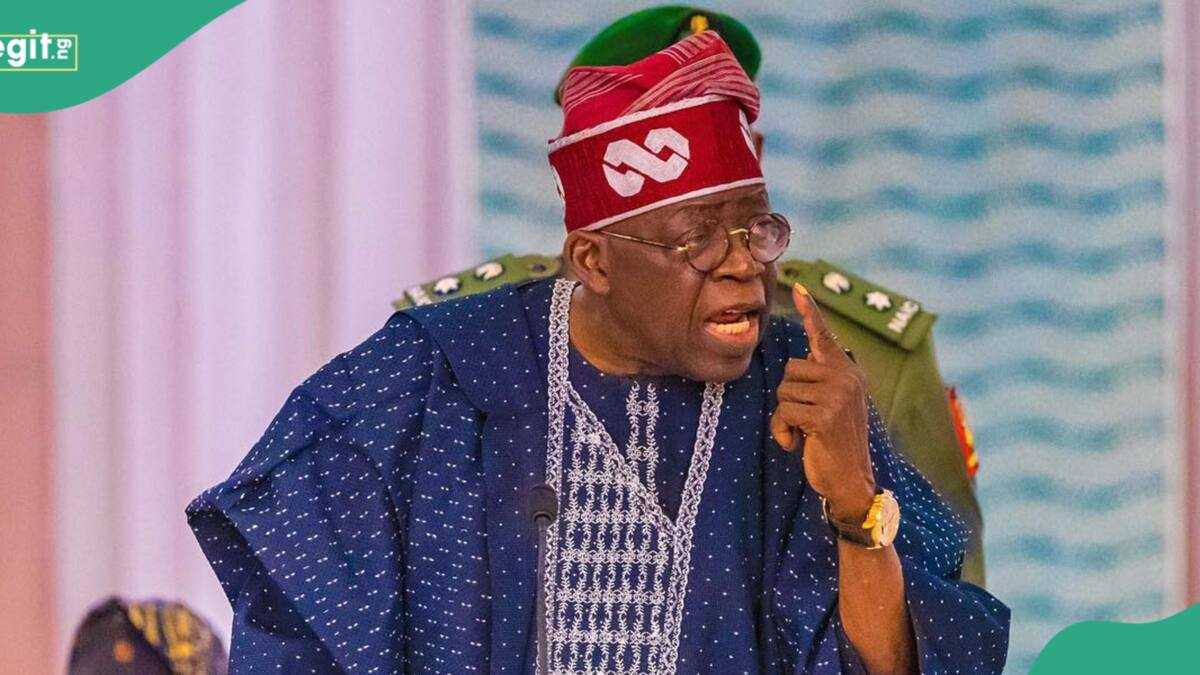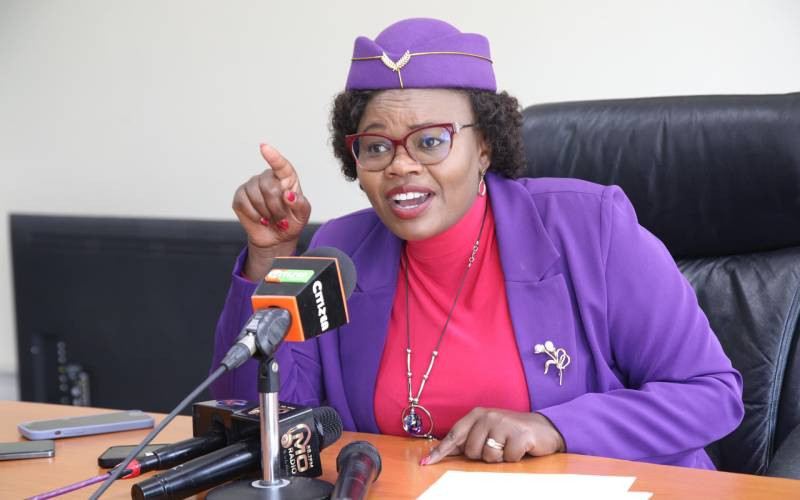How Nigeria Is Working To Stabilise The Naira And Tame Inflation
The CBN primarily uses monetary policy reforms and structural economic adjustments to stabilize the naira. A key initiative was the unification of multiple exchange rate windows, which aimed to eliminate arbitrage and enhance transparency in the foreign exchange market. The Investors’ and Exporters’ (I&E) FX window, a market-driven exchange rate system, has successfully reduced artificial pricing distortions.
To control inflation, the CBN implements strict monetary policies, adjusting key interest rates. Increasing the Monetary Policy Rate (MPR) is used to reduce excess money in circulation, thereby slowing consumer spending and stabilizing prices. Raising the Cash Reserve Requirement (CRR) for commercial banks limits their lending capacity, further controlling liquidity and curbing inflationary trends.
Enhancing Nigeria’s foreign exchange reserves is crucial for maintaining currency stability. These reserves serve as a buffer against global economic shocks and bolster investor confidence in the naira. The government and the CBN have implemented policies to attract foreign direct investment, increase non-oil export revenue, and encourage diaspora remittances. These inflows help maintain foreign currency availability, supporting a stable exchange rate.
Fiscal reforms by the Nigerian government also contribute to currency stability and support monetary instruments. The removal of fuel subsidies, though initially causing inflation due to higher utility and transportation costs, aims to decrease public finance expenses and allocate funds for economic growth. This is expected to lead to long-term fiscal stability and reduced foreign borrowing.
Digital innovation plays a key role in Nigeria’s inflation control strategy. The launch of the eNaira, Africa’s first central bank digital currency, modernizes the monetary system. The eNaira improves payment systems, increases financial access, and allows real-time data tracking of consumer behavior, enhancing monetary policy execution.
The CBN continues to strengthen its oversight of banking operations to ensure financial system stability. Risk-based supervision, stress testing, and stricter prudential guidelines have enhanced the resilience of financial institutions. Robust banks are vital for maintaining trust in the system during economic turbulence and foreign exchange market pressures.
Managing inflation expectations relies heavily on public communication and transparency. The CBN engages in open dialogue with stakeholders and provides regular monetary policy updates through press briefings and meetings. This transparent communication helps stabilize market and consumer expectations, minimizing price swings and market speculation.
Several challenges persist in achieving full naira stabilization and inflation control. Nigeria’s economy remains sensitive to global oil price volatility, causing unpredictable revenue flows. Domestic structural issues, such as inadequate infrastructure, unreliable energy supply, and limited industrial expansion, hinder economic stability.
The large informal sector, which employs many Nigerians, operates outside formal financial systems, complicating efforts to track and control monetary transactions. Expanding digital financial services, improving documentation, and incentivizing formalization can enhance the reach and effectiveness of monetary policies.
Nigeria’s future economic development requires synchronized fiscal and monetary policies, structural reforms to diversify the economy, and investments in human capital development. Institutional strengthening, policy discipline, and infrastructure investments are essential for sustainable development and reduced economic vulnerability.
Nigeria’s economy is evolving, developing more advanced methods to stabilize its currency and control inflation. Growing digital technology adoption, stronger regulatory systems, and improved policy coordination offer significant potential for achieving better macroeconomic stability. A resilient and stable currency boosts investor confidence and maintains citizens’ purchasing power, enabling better planning for personal and business needs.













